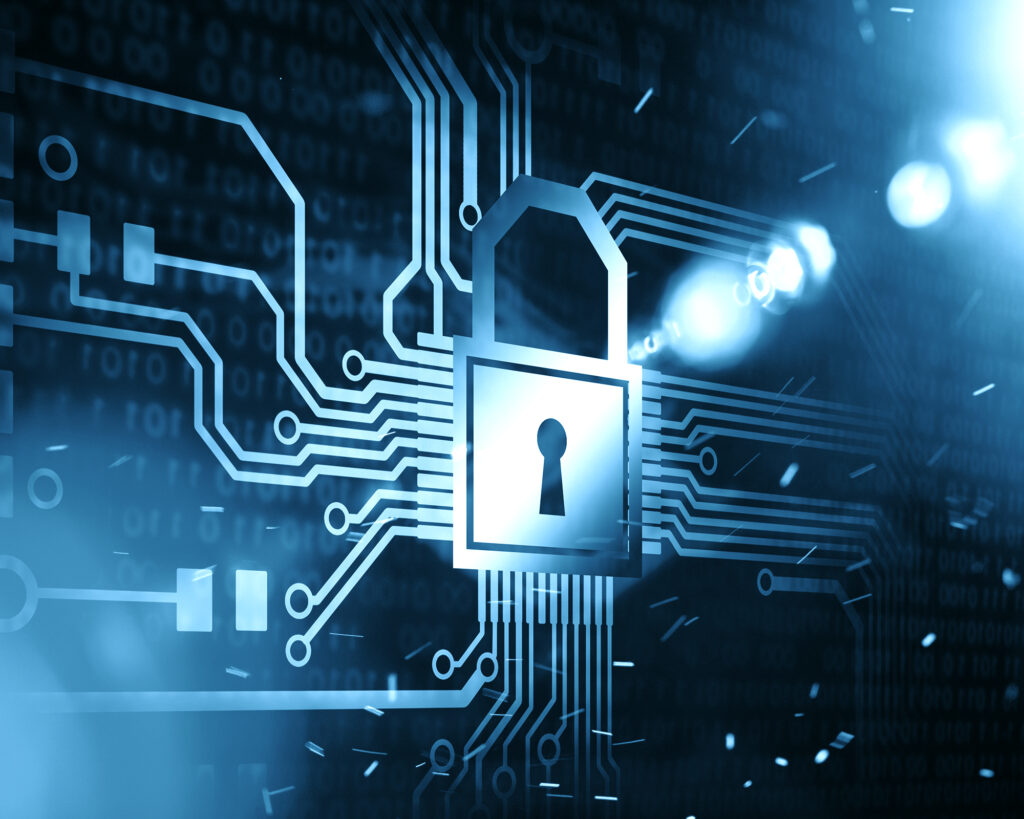
Some prevalent misconceptions regarding virtual private networks continue, despite their widespread use and benefits. Here are some of the misunderstandings debunked:
VPNs are an all-in-one privacy & security solution:
While VPNs improve online security by encrypting communications, they do not completely replace antivirus software or firewalls.
A VPN is only for the tech-savvy:
Contrary to popular belief, utilizing commercial VPN services is straightforward and simple, requiring only the download of an app to create a secure connection.
A VPN is a “Get Out of Jail Free” card:
Although VPNs are legal tools, they do not condone illicit activities like data theft or cyberstalking; users are still accountable for their conduct even when using a VPN.
VPNs Slow Down Your Internet:
While VPNs can have a negative impact on connection speed due to encryption processes, this lag is negligible with premium services, which can even overcome ISP throttling to enhance speeds in some situations.
VPNs Make You 100% Anonymous:
While VPNs improve anonymity and safeguard against surveillance, achieving perfect online anonymity is difficult due to the multiple institutions involved in data collecting.
VPNs are only for unblocking streaming sites:
Although VPNs are handy for accessing geo-restricted content, they also provide a number of additional advantages, including as improved security on public Wi-Fi networks and protection against DDoS assaults.
VPNs are too complicated for everyday users:
Despite technical factors such as encryption techniques, a virtual private network (VPN) setup is straightforward and does not require advanced understanding; most top services have user-friendly interfaces with default settings for ease of use.
By dispelling these myths and figuring out VPNs’ real capabilities and limitations, users may make informed judgments regarding their online privacy and security requirements.
